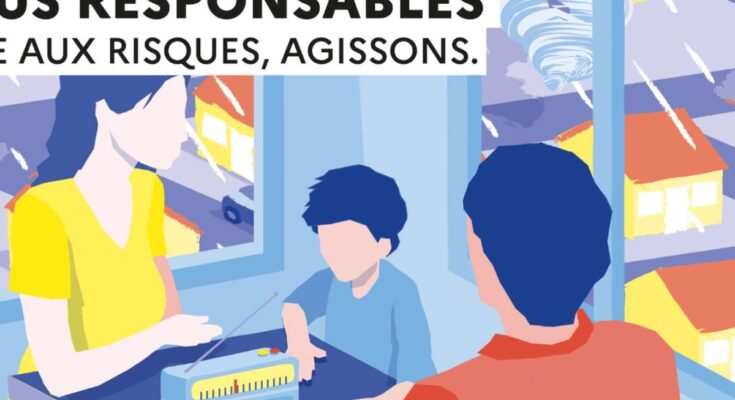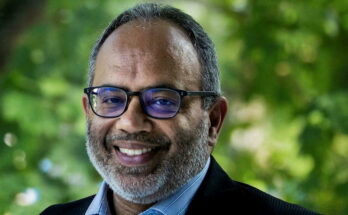In a global context increasingly characterized by geopolitical tensions, cyber threats and increasing natural risks, France taking significant steps towards building a new culture of civic resilience. In fact, starting today the guide is available on major institutional platforms “All responsibilities: Face aux risques, agissons”One 27 page guide designed to help society adapt to the first and most critical situations 72 hours emergencywhatever its origin.
All are responsible, face aux risques, agissons!
Extreme climate events, pandemics, wars in Europe and the Far East, commercial tensions, energy crises, etc. This guide contains tools to help you deal with bigger crises
https://t.co/O1RE4xJnmQ pic.twitter.com/sF7rTvVhRP
— Minister of Enseignement supérieur/Recherche/Espace (@sup_recherche) November 20, 2025
The document, prepared by the General Secretariat of Defense and National Security under the auspices of the government, is the result of work begun during the pandemic years and relaunched in light of the recent international crisis. This initiative is inspired by the experience that has been consolidated in Scandinavian countries, such as Sweden And Finlandbut significantly broadens the range of situations considered: not only armed conflicts or terrorist threats, but also extreme climate events, fires, floods, landslides, industrial or nuclear accidents, energy crises, epidemics and cyber attacks.
The guide invites every citizen to prepare themselves first a emergency equipment able to guarantee autonomy for three days. It is recommended to have it water and food durable, drug essentials, tools for environmental information and lighting, warm clothing, cashcopy of personal documents and even some objects that are useful for maintaining psychological normality to a minimum, such as books or games. The government underlines that this is not an invitation to disaster, but is a responsible action aimed at ensuring preparedness and autonomy while waiting for assistance.
This guide dedicates certain parts to floods, forest fires, energy disruptions, health crises (such as epidemics), industrial or nuclear accidents, cyber attacks and terrorism. For each of them, the basic behavior to be adopted is indicated (take cover, stay informed, avoid risky moves). Most of this manual is also dedicated to risks associated with disinformationespecially those amplified by content manipulated thanks to artificial intelligence. Paris calls for “digital hygiene” firmly, inviting citizens not to spread unverified information and only refer to official channels in the event of a crisis.
The context in which this guide was published is complex. In fact, the French government’s latest strategic document mentions the possibility, although not imminent, that the country could become involved in a conflict scenario. hybrid crisis in his territory. At the same time, France reiterated this nuclear deterrence remains a pillar of national security, and recognizes that threats today appear in very different forms than in the past.
This issue is not only a concern of France: in recent months several European institutions have encouraged member states and families to equip themselves with basic survival equipment, while interest in a common civil resilience policy is growing. Therefore, the French case can also serve as an example for other countries, including Italy, in an era where multiple crises – climate, health, technological or geopolitical – can occur unexpectedly and simultaneously.
Publication “Everyone is responsible“ultimately resulted in a significant cultural change: security was no longer considered the exclusive responsibility of the State, but as a mutual agreement between institutions and citizens. The third part of the document, in fact, encourages citizens to consider their own interests. role in the community — volunteers, civil or military reserves, civil protection groups — as part of a national resilience strategy.
Being prepared does not mean living in fear, the government stressed, but equipping ourselves with the minimum tools to continue living in an orderly and safe manner even when the world around us suddenly seems to lose stability.



